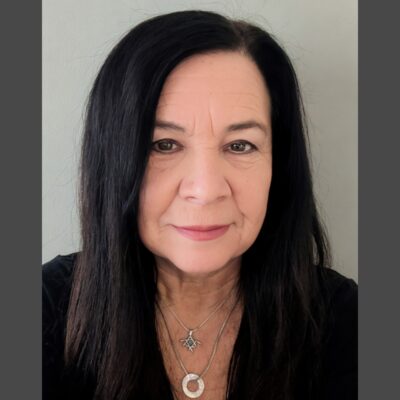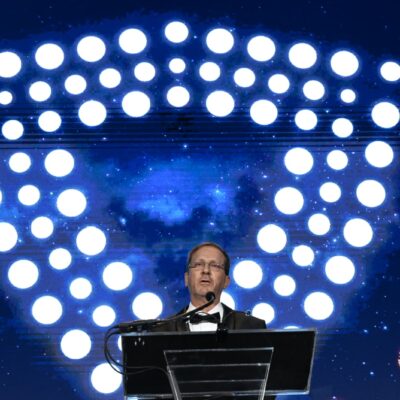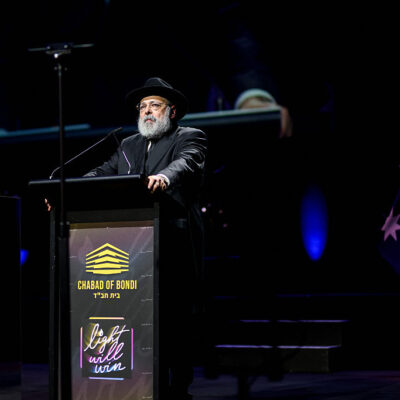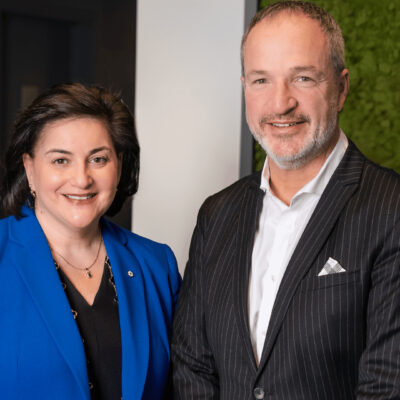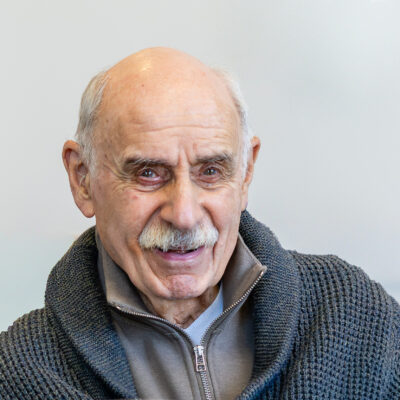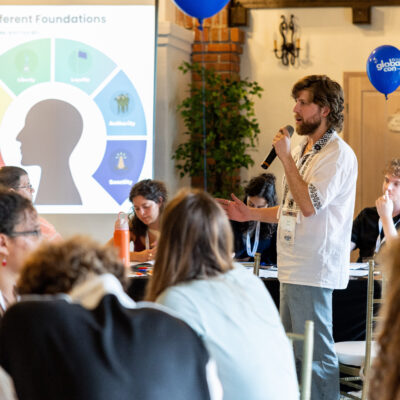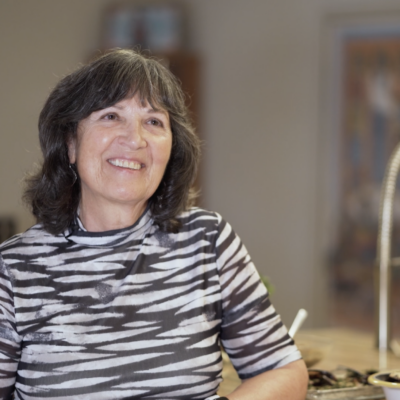Teaching teachers
With new name, ElevatEd, effort to train, retain teachers for Jewish preschools launches in 5 cities
Nine additional communities to join the joint JCC Association, JFNA and URJ program, previously known as Project-412, early next year

Getty Images
A joint pilot program by the JCC Association of North America, Jewish Federations of North America and the Union for Reform Judaism to train hundreds of educators for Jewish preschools in an effort to address a major national teacher shortage launched on Tuesday in five U.S. cities.
The program, which had the working title of “Project-412,” has been named ElevatEd and will take place in 14 communities across the United States, with five of them starting now and nine more beginning early next year. ElevatEd hopes to recruit, train and credential more than 420 educators nationwide — up to 30 in each community — over the next three years to address what the JCC Association has deemed a “critical shortage of qualified early childhood educators.”
At the end of this three-year pilot period, ElevatEd will assess its efficacy and performance and determine how to proceed, its executive director, Orna Siegel, told eJewishPhilanthropy.
“We are experimenting in communities across North America and exploring the ways in which we can have the greatest positive impact on the Jewish community through the lens of early childhood. We will use learnings from our three-year pilot to develop a strategic plan for future work in this area,” she said in an email.
Siegel, who joined the program this spring, said that while the program is specifically focused on early childhood education, she believes that it will have far-reaching effects.
“The research is clear: families who send their children to Jewish early childhood programs have a significantly greater likelihood of continued Jewish communal engagement for years to come,” she said. “By focusing on increasing the pool of trained, high-quality educators in Jewish early childhood settings, we believe that this investment will significantly grow the capacity and reach of this powerful educational experience, in turn creating an environment for children and families to root deeply and grow into a strong, connected, diverse Jewish ecosystem.”
The first five pilot communities are: Boston, Mass.; Denver-Boulder, Colo.; East Bay, Calif.; Houston; and Long Island, N.Y.
The nine additional communities have already been selected, and will be announced early next year, Siegel said.
“Each pioneer community will include early childhood centers in JCCs, Reform synagogues, and a diverse collection of other Jewish educational settings to reflect the unique demographic makeup of each geographic area,” Sasha Kopp, senior director of ElevatEd education and engagement, said in a statement.
Jennifer Mamlet, executive vice president of the JCC Association, said the 14 pilot cities were selected based on a number of factors, including “an existing and robust early childhood infrastructure, strong JCC, URJ and federation leadership, the availability of prospective local funding and a willingness to adhere to shared learning, experimentation, and rigorous data collection.”
She added that while “any number of communities met or exceeded the criteria, the initial five were a function of timing and readiness.”
The training programs will be open to “anyone who wants to engage young children in joyous Jewish learning,” Kopp told eJP earlier this year. Applicants do not have to be Jewish to apply, according to JCCA, nor do they have to have a background in education.
When the school year begins this fall, participants without teaching credentials will start a year of study, as well as an 18-month period of mentorship and will also receive “funds to support their work toward a credential in early childhood education,” the JCC Association said. Mid-career teachers in participating schools will also participate in a “research-based mentor training program” to support the new educators in their schools, the organization said.
The majority of the initial funding for the program, $8.5 million of the $12 million in total, was donated by the Jim Joseph Foundation, Crown Family Philanthropies, and the Samuels Family Foundation. The remaining $3.5 million will be raised by the 14 participating communities by 2025, which the organizers believe will “build a long-term financial model for improvement and growth,” the JCC Association said in a statement.
“The launch of ElevatEd is an important and timely development for ECJE that reflects the urgent, large-scale needs of the field,” Dawne Bear Novicoff, COO of the Jim Joseph Foundation, said in a statement.
“Crown Family Philanthropies believes in the power of early childhood Jewish education and its role in the engagement of Jewish families,” Wendy Newberger, director at Crown Family Philanthropies, said in a statement. “We’re proud to partner with other national and local funders in this exciting collaboration to address the shortage of qualified, trained educators, and to improve the long-term engagement of young Jewish families in communal life.”
The shortage of early childhood educators is not only a problem in Jewish schools but is a national issue, one that has been exacerbated by the COVID-19 pandemic, according to a study by the National Institute for Early Education Research last year.
Kopp said it is particularly acute in private Jewish schools as many teachers prefer the often higher salaries and better benefits offered by public institutions. “Not only are we losing teachers from year to year, but also teachers are getting jobs in public schools during the year,” she said in May.
In addition to existing teachers moving to the public school system, Kopp said there is also a shortage due to demographic shifts, as young families have moved to areas that do not have sufficient Jewish education infrastructure. “Our schools are not able to provide enough high-quality early childhood classes in the neighborhoods where young families are living to be able to support our greater Jewish landscape,” Kopp said.
ElevatEd does not directly address the underlying reason why many teachers leave private Jewish early childhood education centers in favor of better-paying public offerings. But earlier this year Siegel said that she hopes the initiative does indirectly do so by both making the participants feel appreciated and that the resulting atmosphere will improve their salaries.
“I think the first aspect of it is to recognize the importance of the value of the work and ensure that the participants understand how much respect they deserve and that they feel that respect regardless of compensation,” Siegel told eJP when she joined the program in May. “Though I do hope that compensation will come up to be commensurate with the importance of the work that they do.”

 Add EJP on Google
Add EJP on Google



